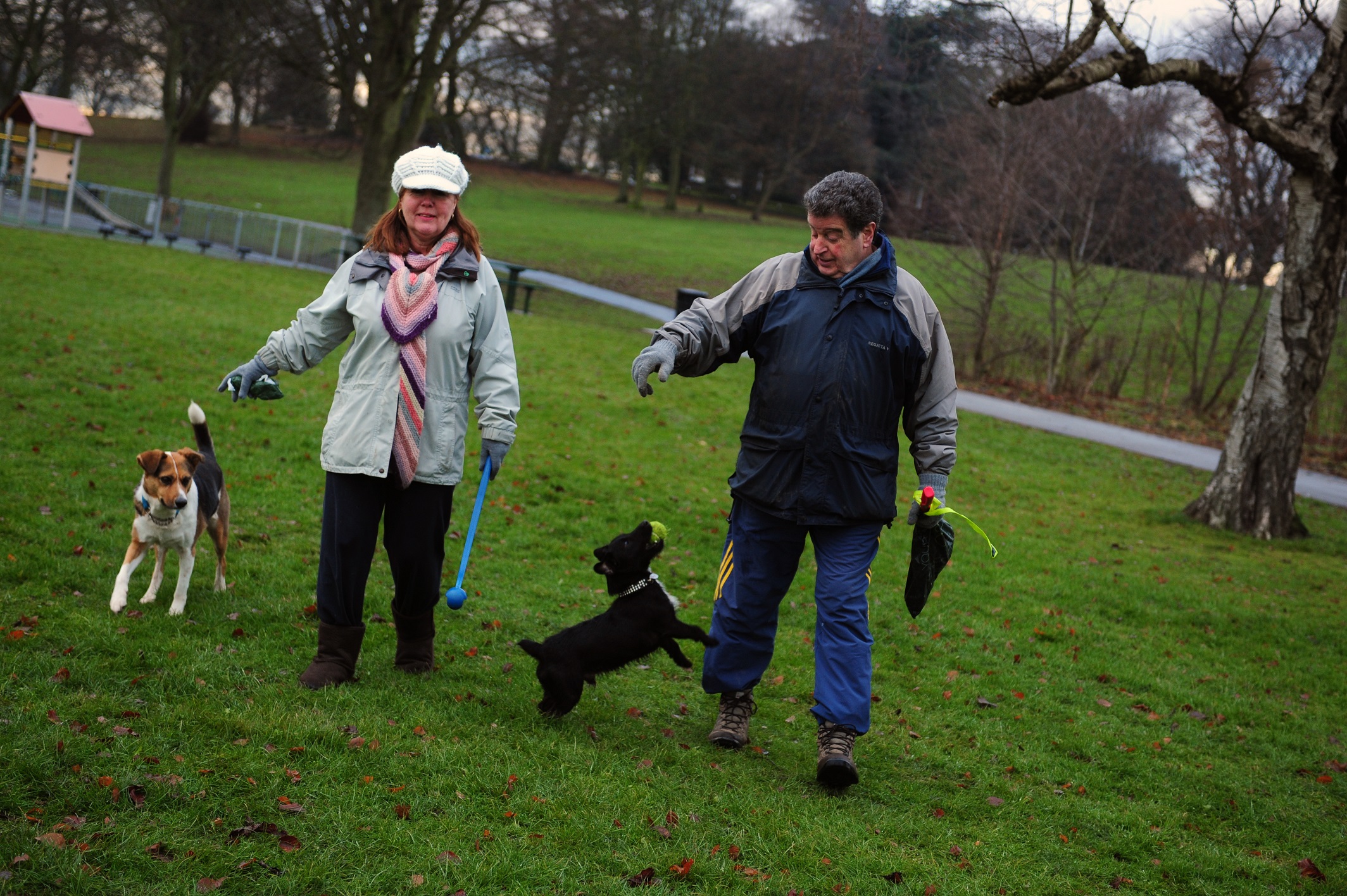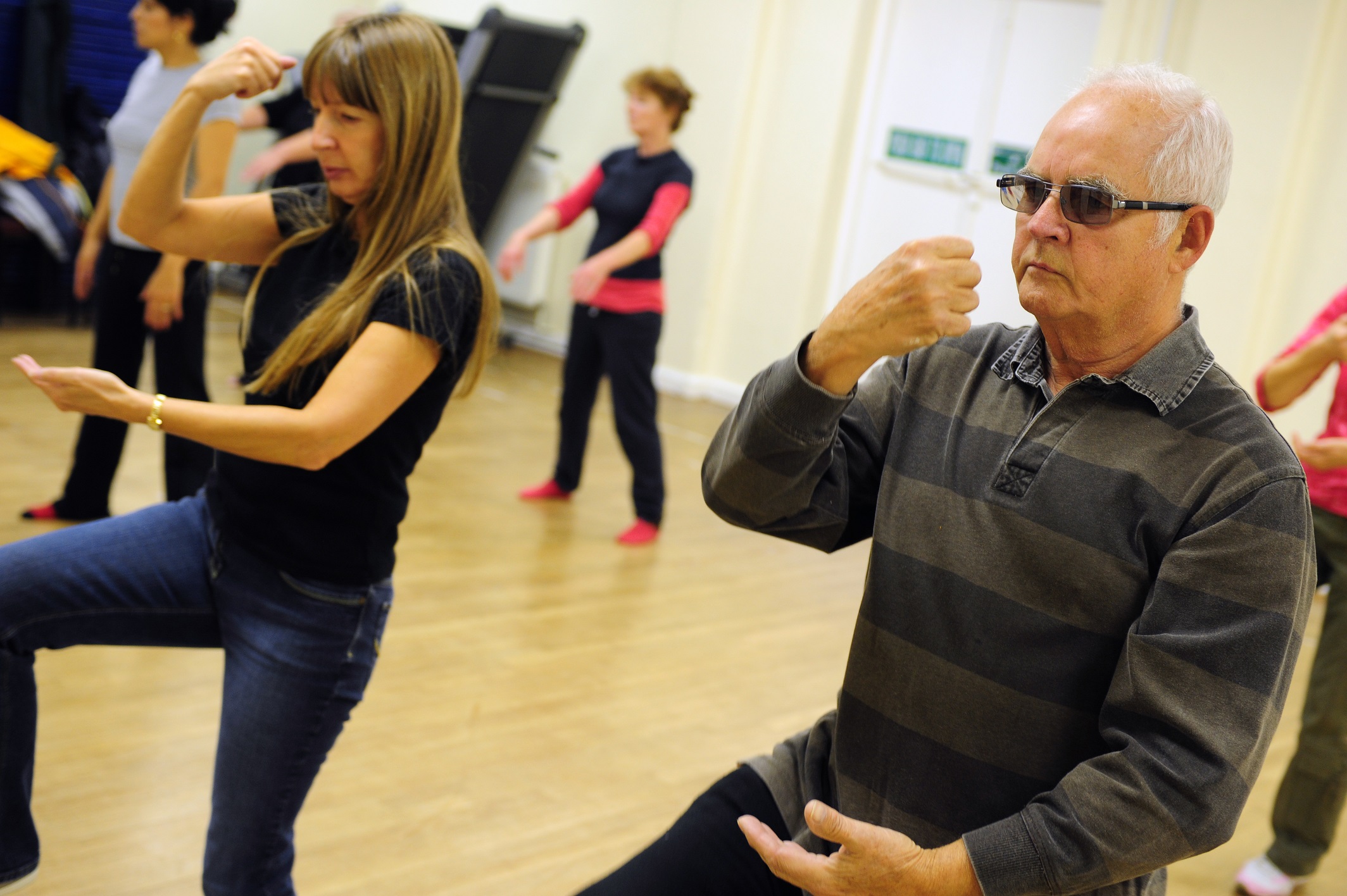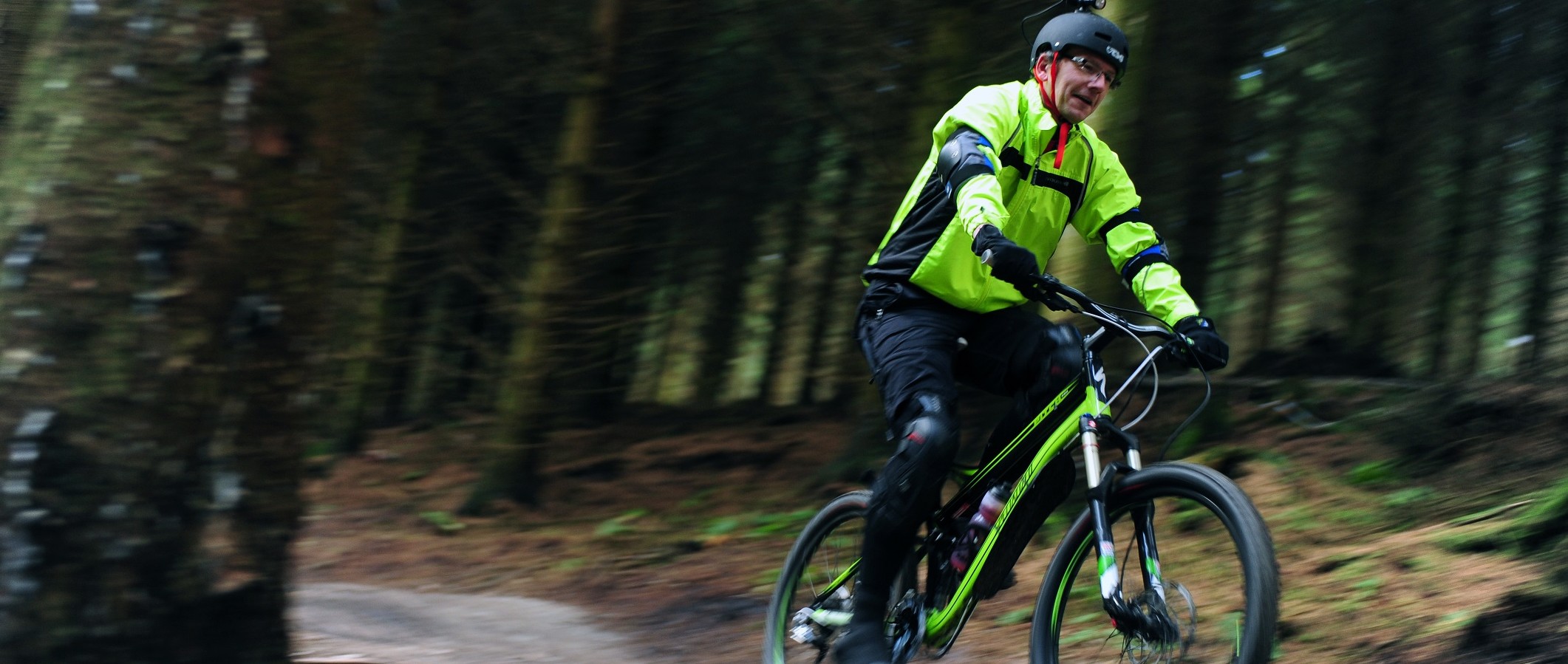One of my parents has just had a heart attack. I can’t believe it!! Will they ever be the same again? I remember them always being active and running about with me when I was little. I bet they won’t be able to do that now!
Well there are plenty of things they will be able to do again, what’s most important now is that they get the right advice and treatment.
Well that sounds okay, so where can they get started?
The first thing they should do, is attend the local cardiac rehabilitation programme run by the local hospital. The programme and professionals who run the specialist unit will help to put them on the right road to recovery and they will personally be accessed by a medical professional.
They will be able to give them advice on what is safe exercise for them and what levels they can reach safely whilst exercising.
They will also look at any risk factors they might have, such as:
– Smoking
– High blood pressure
– Cholesterol
– Being overweight
– Lack of exercise
When your parent has completed their cardiac rehabilitation programme they can then be referred to longer term exercise in the community on the PARiS Scheme (Physical Activity Referral in Stockport). This will provide them with support from an Exercise Specialist to continue their exercise safely.

Surly exercise can be a bit risky can’t it?
The right exercise plan can be extremely beneficial and can actually be a key part of treatment. It can also prevent further heart problems in the future, as well as helping to get them fitter to help cope with general everyday demands. Some people report being fitter after the programme/s than before they suffered their heart attack!!
Did you know exercise can help to:
– Lower your blood pressure
– Help you to lose weight (but in most cases you must change your eating habits too)
– Lower your cholesterol level and increase good cholesterol
– It can help you to relax, thereby reducing stress and anxiety
– Reduce symptoms of angina, breathlessness and fatigue
So what type of exercise is best?
The type that they enjoy and are likely to continue with on a regular basis! Exercises that help to build up stamina e.g. walking, cycling, swimming, exercise classes and gym based programmes are very beneficial as they can strengthen the heart and help it work more efficiently.
How should they feel during their exercise session?

They will be told to listen to their body and think how it compares with how they felt during their cardiac rehabilitation programme.
They should feel their breathing rate increase but should still feel comfortable to be able to continue. It is fine to feel “exertion”, so long as they are not struggling.
If they feel exhausted following exercise they may have worked too hard, for too long or the exercise may have been too demanding for them. Think about reducing the pace at which they are working! Remember start low and go slow (build up over weeks & months)!!
What about warming up and cooling down?
This is a really important part of their exercise session. The activity in the first 15 minutes and last 10 minutes of the session should be performed at a lower Intensity and pace than the main exercise session.
When should they NOT or STOP exercising?
• Don’t exercise if they feel unwell
• After eating a heavy meal, wait until it’s digested
• If they experience any chest pain or discomfort, palpitations, dizziness or light headedness
• Extreme shortness of breath
Exercise Tips:
• Watch the session before they partake
• Speak to the Instructor if you or they have any concerns
• Work at their own pace and don’t try to keep up with others
• Dress appropriately
• Remember to keep hydrated throughout the session
• Always carry any reliever medication with them e.g. GTN spray, inhalers
• Attend regular follow up meetings with their instructor to discuss progress

